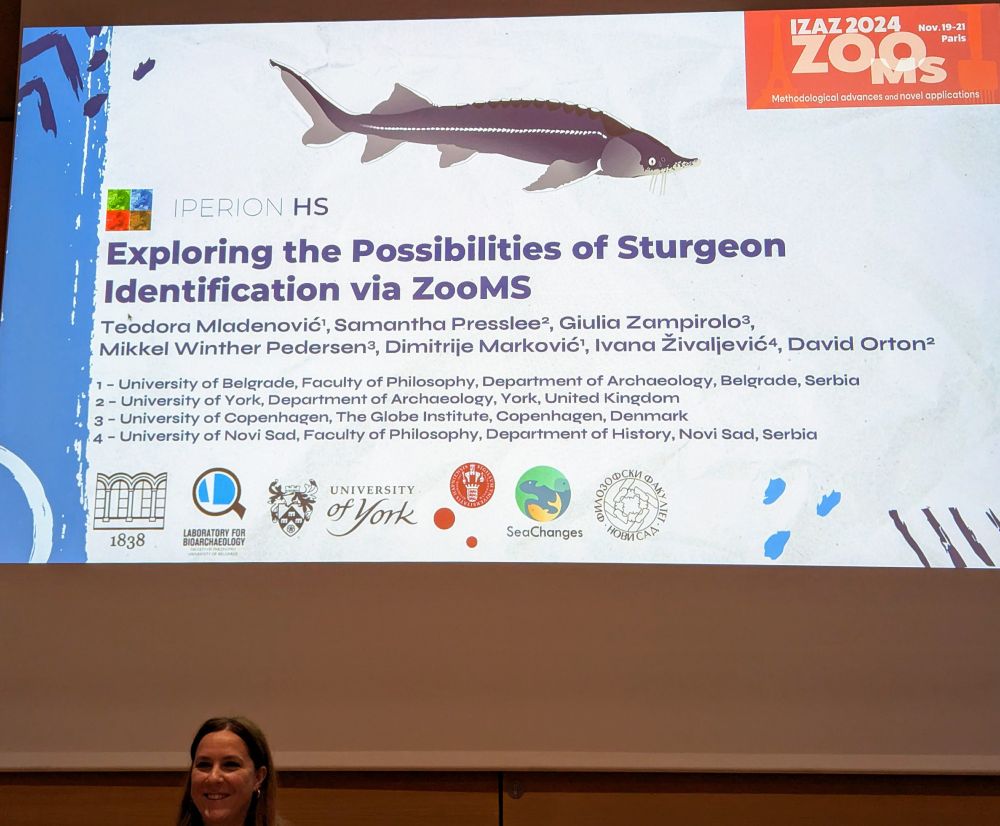
anvio.org/tutorials/co...

anvio.org/tutorials/co...

@royalsociety.org @lukeeholman.bsky.social @mikkelwp.bsky.social @kbohmann.bsky.social
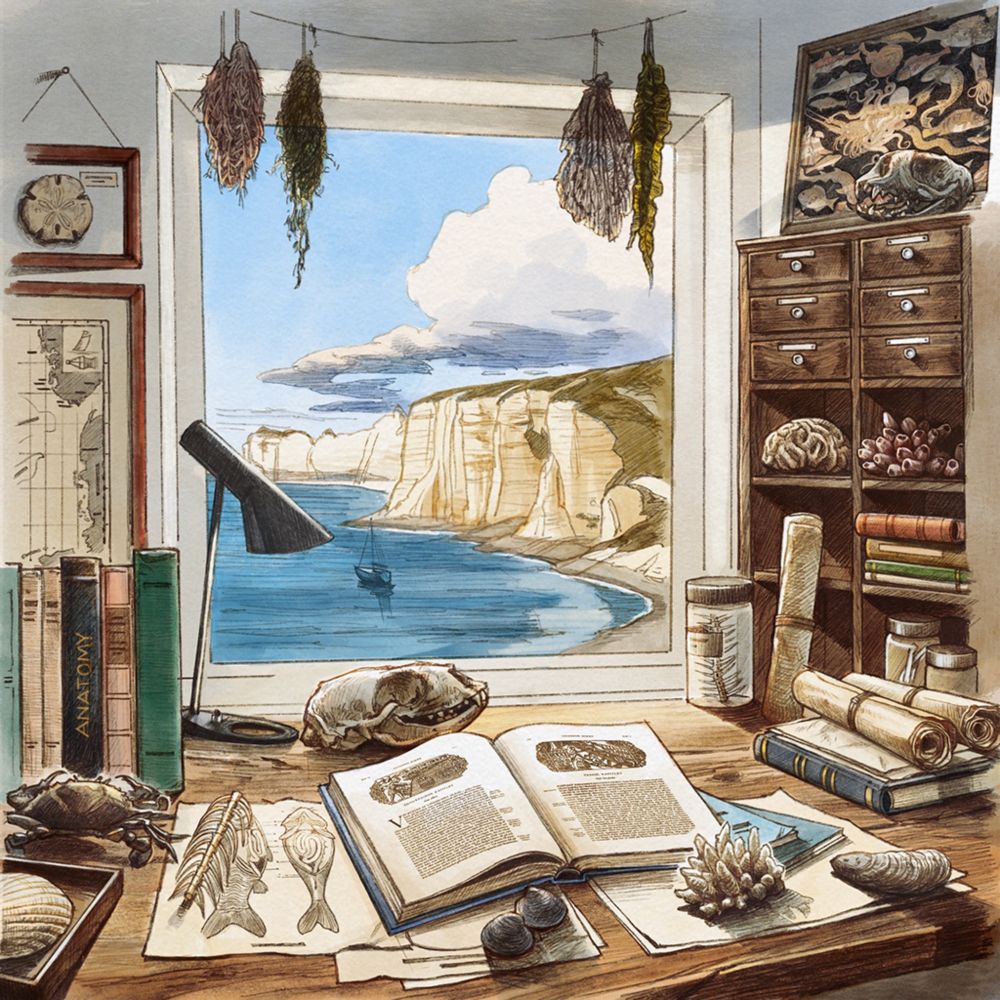
Spread the word, and make sure to register now to benefit from the reduced rate!
isba11.com/registration
#archaeology #biomoleculararchaeology #ISBA11 #archaeologists
@isbarchaeology.bsky.social @archaeobiomics.bsky.social
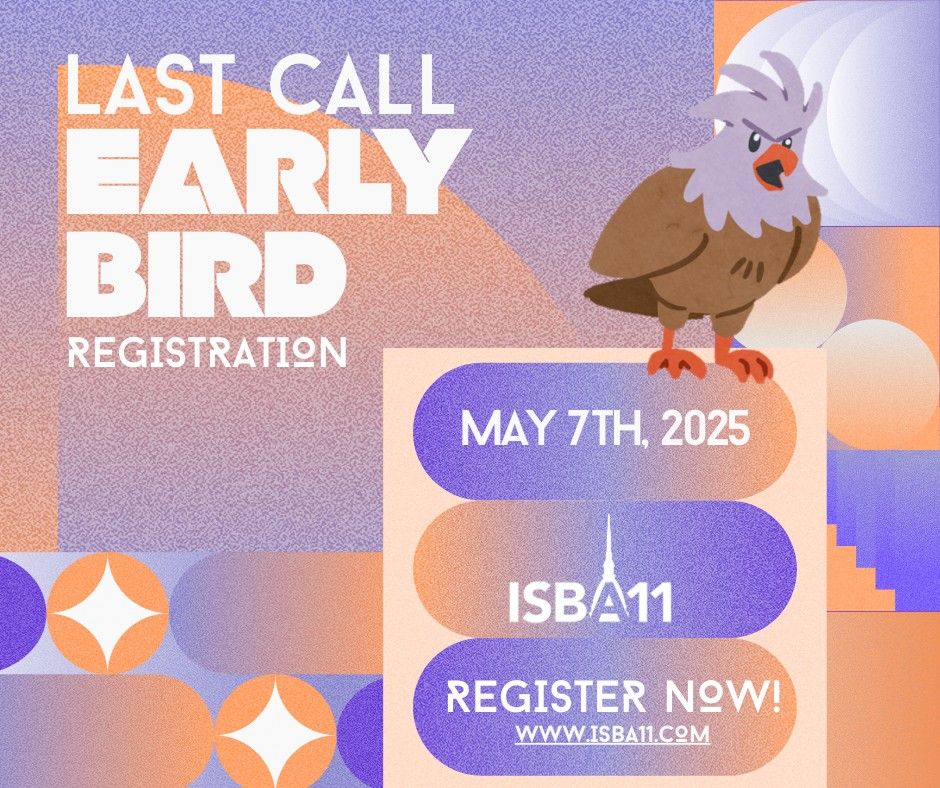
Spread the word, and make sure to register now to benefit from the reduced rate!
isba11.com/registration
#archaeology #biomoleculararchaeology #ISBA11 #archaeologists
@isbarchaeology.bsky.social @archaeobiomics.bsky.social
www.nature.com/articles/s41...
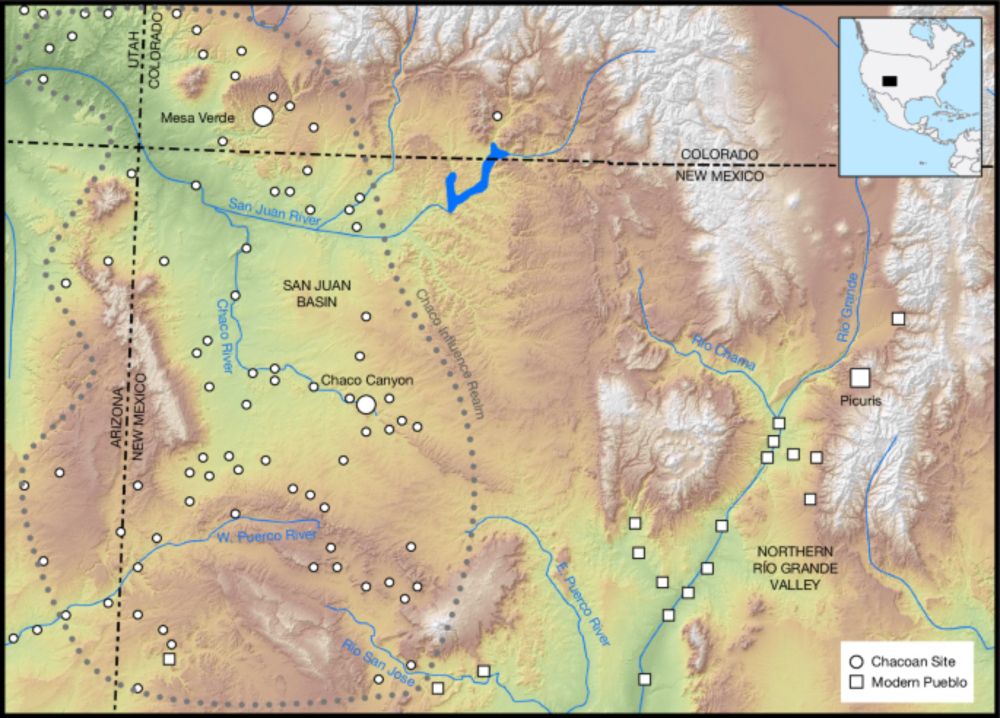
www.nature.com/articles/s41...
You have just over two weeks!
sites.google.com/palaeome.org...
sites.google.com/palaeome.org...


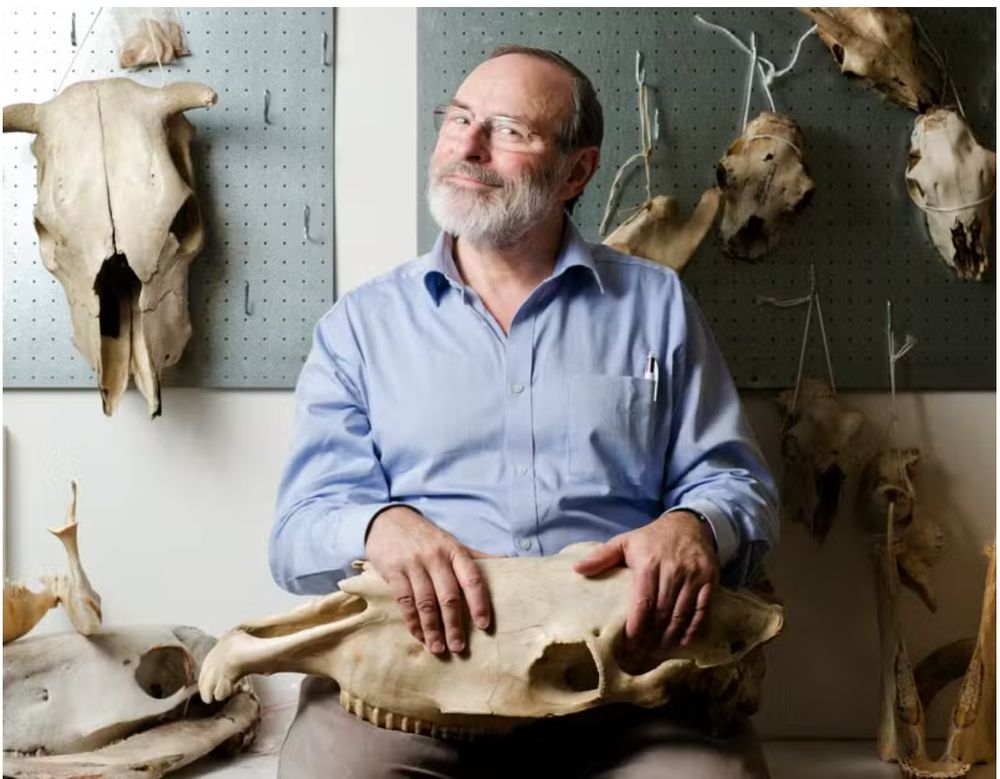
You have just over two weeks!
sites.google.com/palaeome.org...
sites.google.com/palaeome.org...
🔗 doi.org/10.1093/molb...
#evobio #koala #extinction
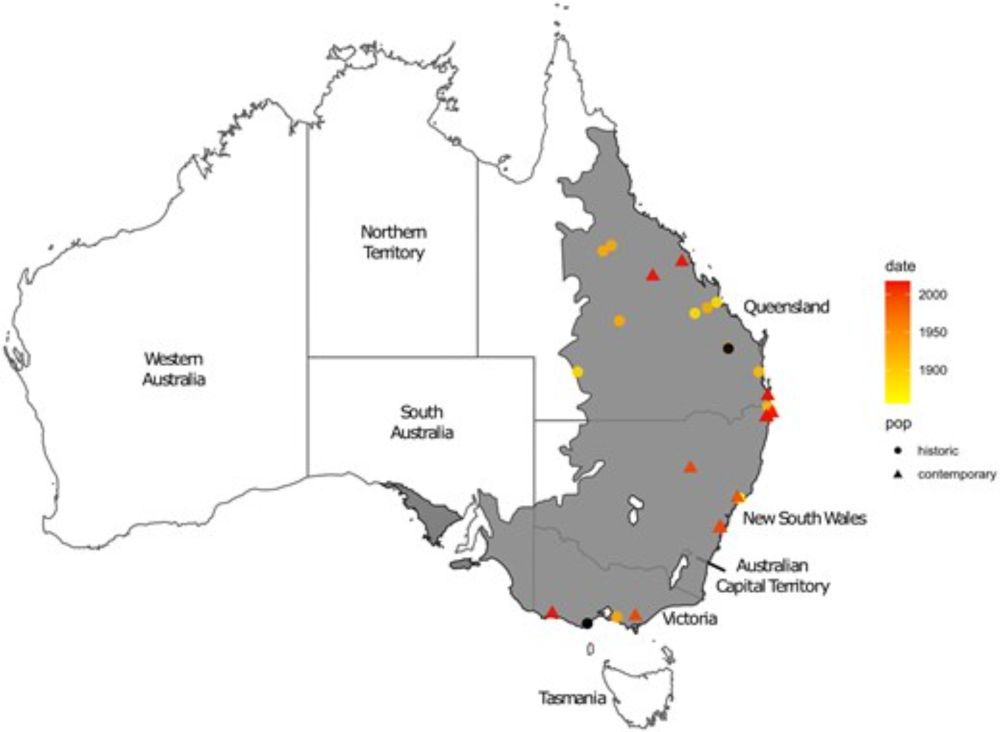
🔗 doi.org/10.1093/molb...
#evobio #koala #extinction
@indianadiez.bsky.social @lovedalen.bsky.social @palaeopete.bsky.social Laura Epp @sanneboessenkool.bsky.social @mikkelwp.bsky.social @selinabrace.bsky.social
www.nature.com/articles/s44...
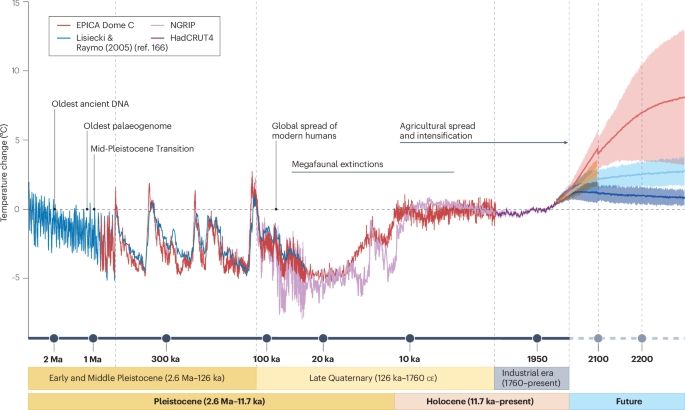
@indianadiez.bsky.social @lovedalen.bsky.social @palaeopete.bsky.social Laura Epp @sanneboessenkool.bsky.social @mikkelwp.bsky.social @selinabrace.bsky.social
www.nature.com/articles/s44...
@amandalindahl.bsky.social LauraEpp @selinabrace.bsky.social @sanneboessenkool.bsky.social @mikkelwp.bsky.social @palaeopete.bsky.social @lovedalen.bsky.social
www.nature.com/articles/s44...
@amandalindahl.bsky.social LauraEpp @selinabrace.bsky.social @sanneboessenkool.bsky.social @mikkelwp.bsky.social @palaeopete.bsky.social @lovedalen.bsky.social
www.nature.com/articles/s44...
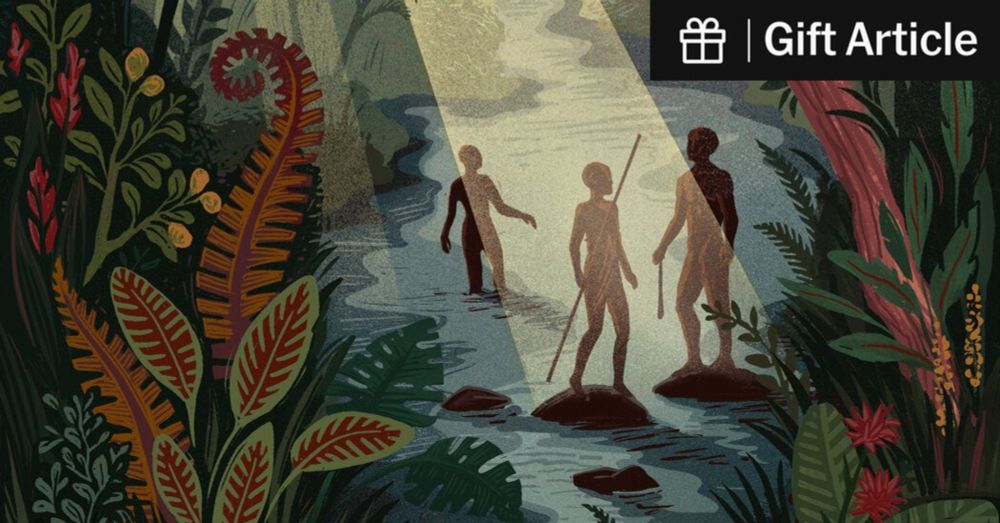
Dive into the full study here: doi.org/10.1111/1755...
Lots more detail in the supplements!
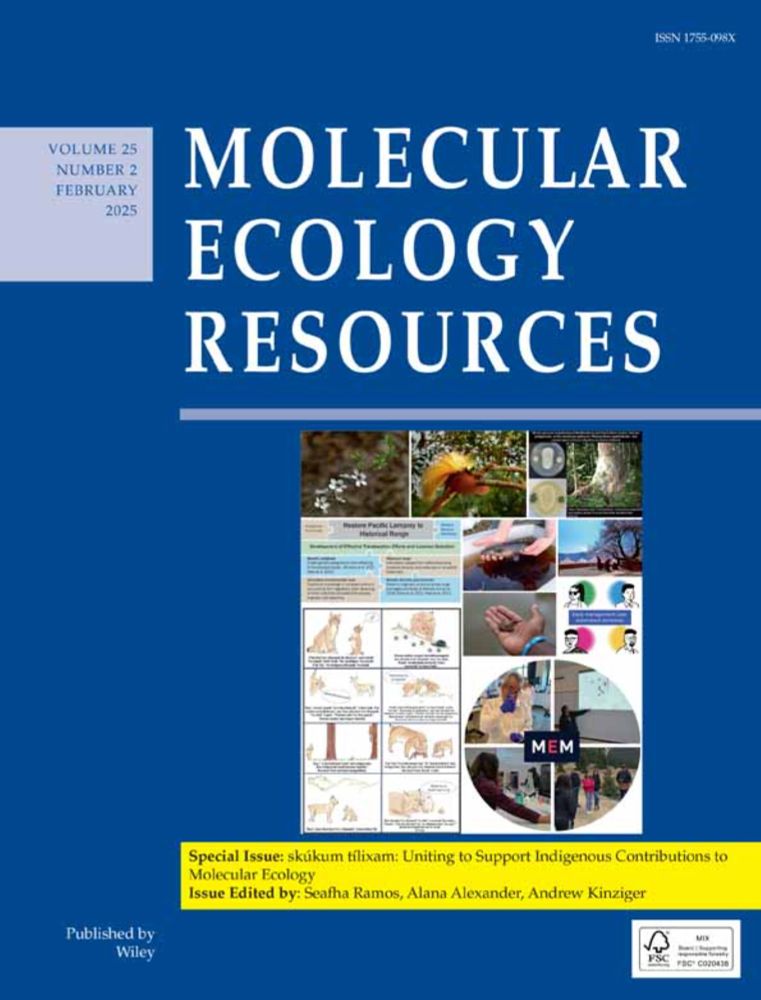
Dive into the full study here: doi.org/10.1111/1755...
Lots more detail in the supplements!
Very keen to hear what #aDNA researchers think of the approach...
The method is relevant for #aDNA sequencing data from eukaryotic organisms, which are typically heavily contaminated by exogenous sources of DNA. 🧵1/n
www.nature.com/articles/d41...
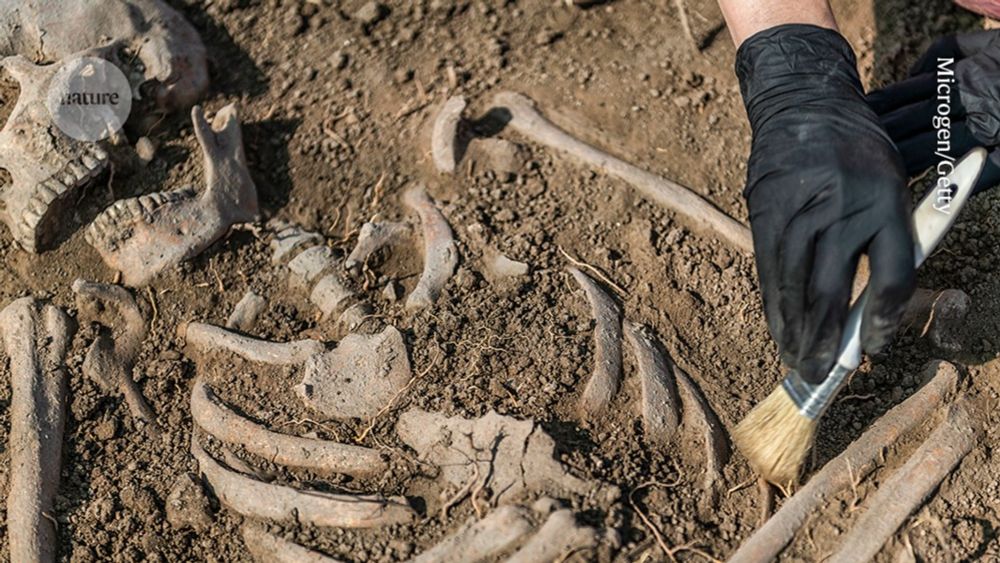
www.nature.com/articles/d41...
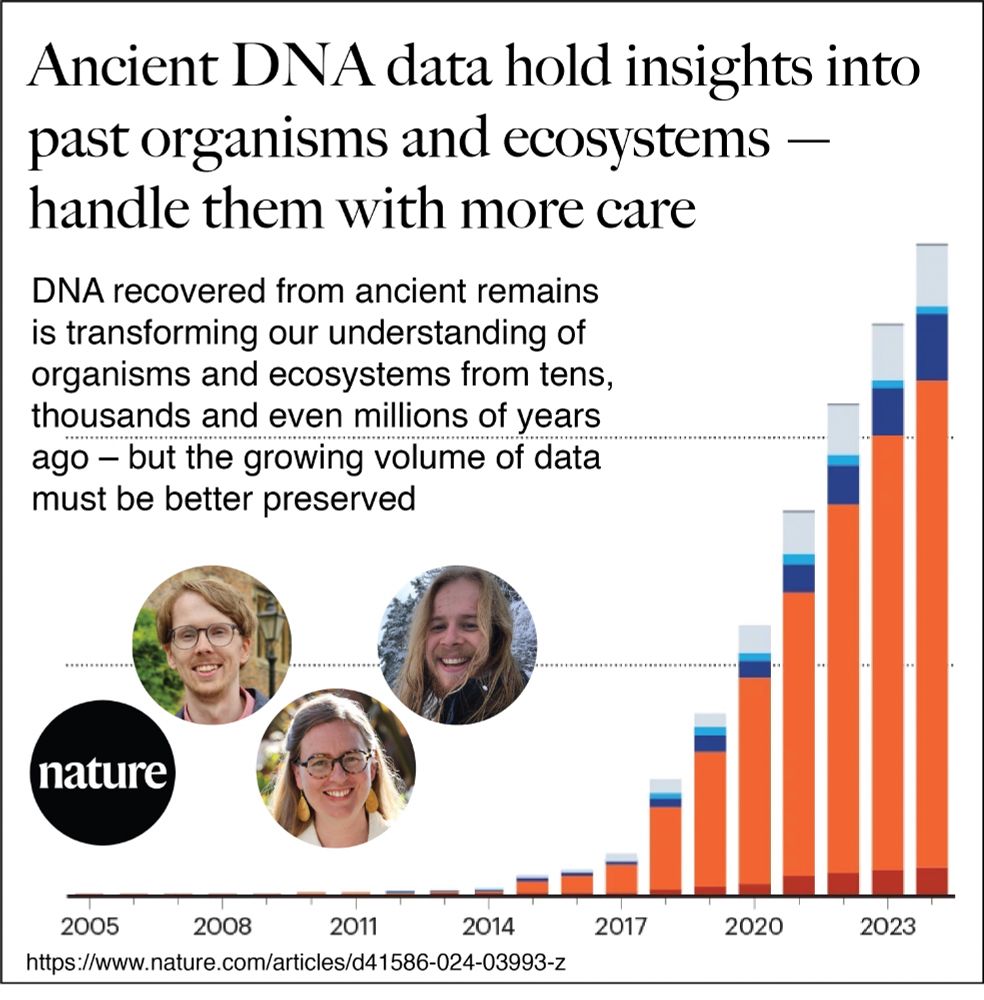
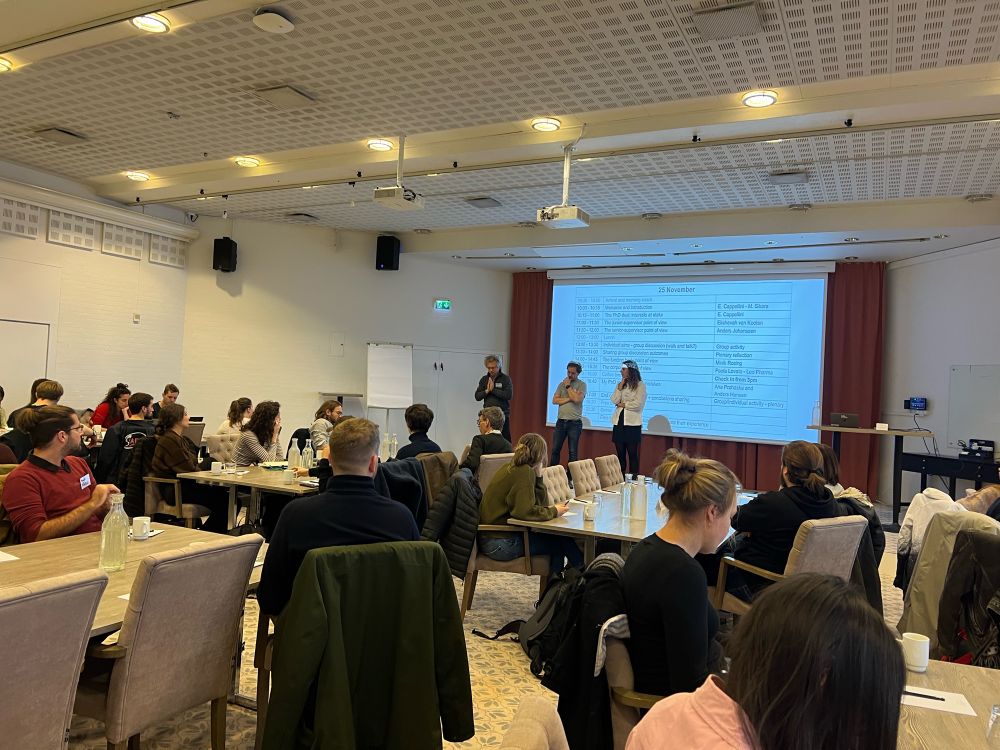
conservationbytes.com/2021/11/02/w...
@github.com #github #zenodo

phys.org/news/2024-11...
phys.org/news/2024-11...


